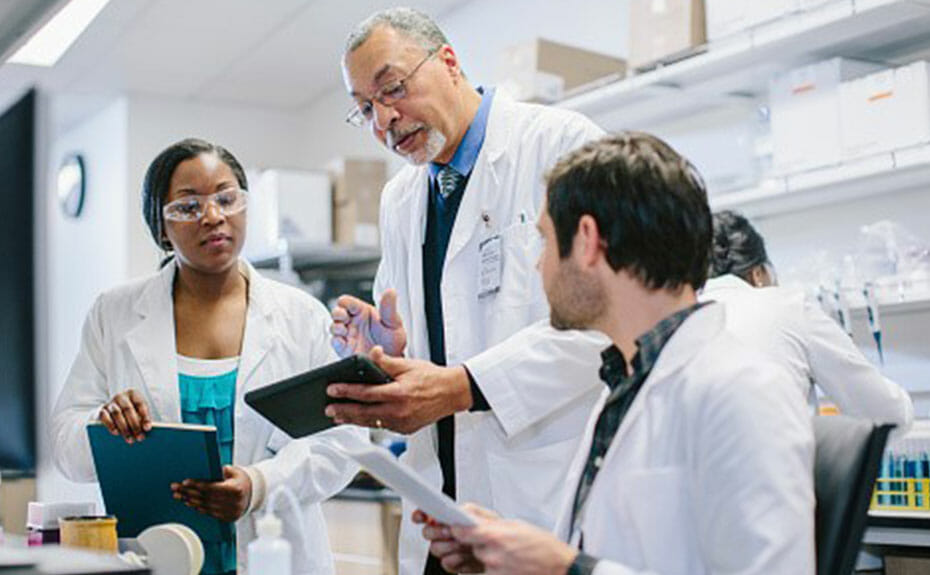Medline has been selected as Dayton Children’s Hospital’s laboratory prime vendor, entering into a multi-year agreement; an expansion of an existing partnership. For more than eight years, Medline has provided surgical and medical supplies to Dayton Children’s Hospital.
During the pandemic, Medline expanded its role with Dayton Children’s Hospital, helping the procurement team to improve supply chain and product standardization. Solutions included integrating laboratory supply procurement with the hospital’s broader supply chain operations, providing the hospital with a greater understanding of supply needs and available products, as well as potential product substitutions. As a result, the hospital was able to provide optimal care during the pandemic, as well as laboratory services and testing kits to other area hospitals and community residents.
“Because we were in constant communication with Medline, we were confident in our ability to maintain our supplies while also sharing resources with other hospitals and agencies when needed during the pandemic,” said Jennifer Nichols, laboratory finance manager for Dayton Children’s.
Dayton Children’s Hospital was selected by the State of Ohio to deliver regional laboratory care during the pandemic. The hospital also partnered with the Greater Dayton Area Hospital Association (GDAHA) to provide laboratory equipment and testing kits to various hospitals across nine different counties. In addition, Dayton Children’s Hospital opened three, drive-through COVID-19 testing sites for children and adults, and enacted a patient surge plan to care for adult patients when other hospitals did not have available beds.
“Our lab team truly went above and beyond to make sure we could provide all the testing our patients needed, as well as offer testing resources to the community as a whole,” said Melanie Wilson, senior director of laboratory services and medical imaging for Dayton Children’s.
“The keys to navigating these tough times were collaboration and communication,” said Wilson. “Through it all, our supply chain never let us down.”
Learn more about Medline’s laboratory solutions.
